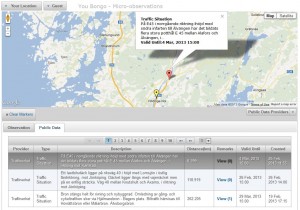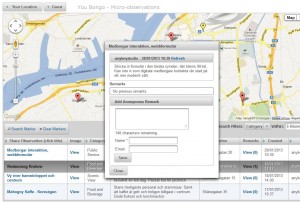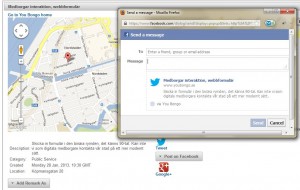Social media is the most useful tool to disseminate information quickly and can get a virile spread within a few minutes. But much of the information disseminated on social media are usually short-lived and rarely rich in content (although it can refer to the links with text, images, videos, etc..) But we are so much wiser that information spreads faster and faster without we consider its origin and context in which it is created.
View as tight turns up to any politician or famous person who makes an unsubstantiated statement. As he or she may later deny or undo publicly. Or that rumor carousel goes so fast that it becomes a reality (internet kills several celebrities) before any time to rebut or respond when rumors spread virile.
Next generation of social media
The next generation of social media (we can call it 2.0 temporarily) need to create more functionality than simply offer new channels for disseminating information quickly. It must offer opportunities to collaborate on information (crowd sourcing) to create a richer content and put it in context. For information should be comprehensive and provide added value, it takes more mental power than just pressing a like button or pass it in the new forums and channels.
Social Media 2.0 also needs to be more integrated with other networked applications to create a better experience for the end user. To use information from a forum as an input to another. Without the user must link manually references to sources. For example, it may be to discuss a new song from their favorite band and automatically linked band schedule in the geographic area where the user is located. For this to happen, information must be tagged with meta data to be moved between systems. A computer does not know if the words “Artic Mokeys” refers to a musical group, or if you find monkeys on the Antarctic. Not until we have created true artificial intelligence in the truest sense. Which means that the user must provide some references to the information he nor she creates.
The question then is whether the creator of information to or have the time to add references or tags to what is being discussed. This may depend on which forum the information is addressed to and if it is used for private or professional purposes. What we already know is that social media has already found its way into our public authorities and parliament.
This article is designed to highlight the issue of how to use information from social media today. Are there any areas where it fits less well or should we implement it at all levels of our society?
Partially translated by Google Translate



